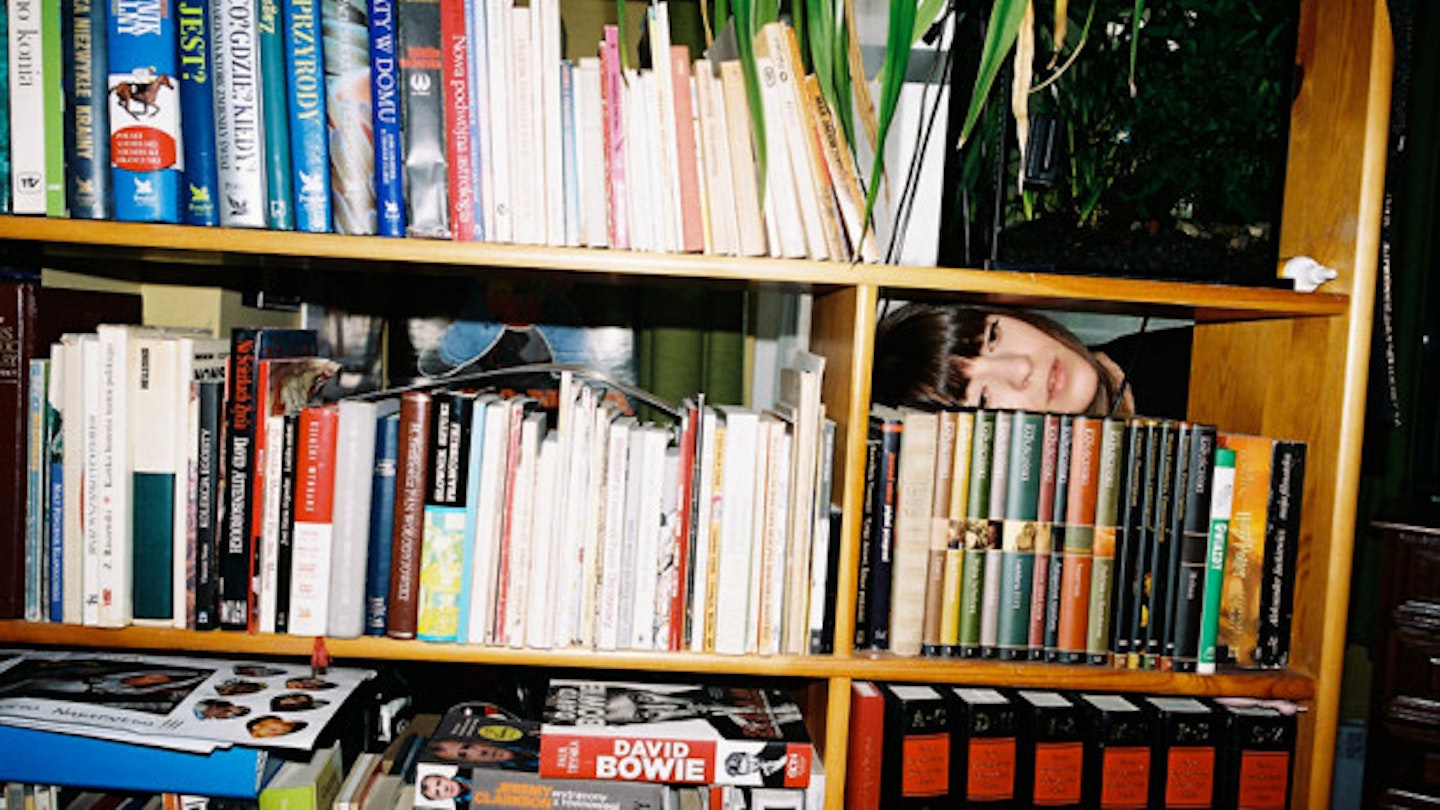Everybody warns you that you might get chlamydia at uni. Nobody warns you that you might get depressed. Somehow, in the giant laundry bag of Argos starter sets, cheap toasters, grown-up bedding, packets of pasta, and IKEA pot plants, we shy away from packing our Freshers off to university with this one vital piece of information; you may be unhappy.
My god, was I unhappy. So unhappy, in fact, that at one point my mother had to come and sleep on my floor, in my fag-packet-sized halls of residence, take me to the shower and talk me down from thoughts of death. When she left, my friend Alice would come to my room every morning and play me Minnie Riperton’s Loving You Is Easy, twice, before I’d get out of bed. And, despite my uneasy fears to the contrary, I was far from alone. In a survey carried out by the Mental Health Foundation, possible clinical anxiety among students was recorded in 46 per cent of men and 64 per cent of women. Possible clinical depression was found in 12 per cent and 15 per cent respectively.
'I remember my mum buying me lots of novelty sized cans of fizzy pop so that I could share them with my new friends on move-in day,' says arts administrator Sarah Georgeson. 'After my parents left I cried alone in my room for three hours, staring at the carbonated emblems of social failure. Then I drank all of the mini cans myself.'
READ MORE: Why I Regret Losing My Virginity On My First Night Of Uni
If you were to specifically design the circumstances in which you could most easy induce mental health issues – as part of a despotic authoritarian rule, say – you probably couldn’t do much better than the first year of university. You move to a new city, you don’t know anyone, you’ve lost your old social support network, you are drinking too much and experimenting with drugs, you have gone from the structure of school or work to an academic vacuum of three of four contact hours a week, you are anxious about money, you will probably break up with your first serious romantic partner, you are trying to navigate adult tasks with a child’s life experience and, just to top it all off, every piece of marketing and popular culture around you is demanding that you have The Most Fun. Of course we get anxious. Of course we get depressed. And many of us don’t even realise that there are free student counselling services right there, on our doorstep, to deal with these issues.
If you were to specifically design the circumstances in which you could most easy induce mental health issues – as part of a despotic authoritarian rule, say – you probably couldn’t do much better than the first year of university
'In my first term at university I went to A&E six times; only to be told that there was nothing wrong with me,' says writer Lakeisha Goedluck. 'I remember being on the phone to my best friend at 4am, shaking and crying because I felt like I was going to die. I would get heart palpitations and burst out in rashes because I no longer had control over my own mind. What started out as feeling a bit down became all-consuming all too quickly.'
While the causes of such anxiety are of course manifold and specific to each person, you can still tease out common threads like string through a dog shit. The first is the fear of social exclusion. If you are being told by every flyer, every Facebook ad and every ridiculous uni ‘soc’ that you should be having fun, then any wavering away from that ideal will feel like incompetence.
'I remember wondering whether everyone else was really having such a brilliant time, or whether they were just pretending,' says Sarah Georgeson. 'I felt shit, exhausted and depressed all the time, and the widely-acknowledged fact that these were supposed to be the best, most carefree days of my life didn't help.'
The second great threat to your mental health is, of course, change. Rarely again in your life will so many things change so drastically, so quickly. During my first year we called them The Walking Wounded – stooped 20 year olds, shuffling through the pavements and libraries of this new city, practically bleeding with heartbreak and homesickness. And I was one of them, of course. I spent months mourning my boyfriend – the boyfriend who was now living in the very next block and shagging a girl who wore square glasses – not just as the first man I’ve ever loved, but as an emblem of everything I missed about my old, secure, familiar life.
We called them The Walking Wounded – stooped 20 year olds, shuffling through the pavements and libraries of this new city, practically bleeding with heartbreak and homesickness
Freshers are also, understandably, worried about money. As the Mental Health Foundation puts it, there are 'a larger proportion of students requiring support, alongside increasing debt, longer working hours and less support for students [due to] higher staff-student ratios and university staff work overload.' It’s no wonder first year students torture themselves over whether the whole experience is worth it. But, of course, the pressure to prove the worth of a £27,000 investment in your education is in itself a perfect recipe for anxiety and academic paralysis.
READ MORE: The Biggest Dickheads You Inevitably Meet At Freshers Week
So, instead, students need to make use of the services on offer. University is one of the few times when you can have access to a totally free, highly-trained counselling service on your doorstep. I saw a counsellor during my third year – hi James! – and only wish I had done so as a Fresher. But also – and at the risk of sounding like a rugby coach here – go in. Go to your lectures, go to your seminars, do your lab time, visit the library. The whole reason you’re putting yourself through this cornucopia of distress and discombobulation is to try, to discover, to learn. Never again will you have this time and these teachers, so don’t let them slide out of grip. Also, your uni work is the only sniff of structure you’re going to get for the next three years so you might as well hang on to it like a plank in a raging river.
And get involved in the city too. Don’t just stick to student hang-outs and union offerings – walk into the city, get off campus, find out what real people are doing and see if you want to do it too. I only really fell in love with Leeds, and subsequently with university, once I’d discovered the skull-sized baked potatoes, the pop sock stalls, the bags and baggage and tin trays of tripe in the local indoor market.
Finally, stop worrying about having The Most Fun. University is tricky. It is hard. Feeling sad, lonely, anxious, excluded, heartbroken, exhausted, homesick, vulnerable and unsure isn’t just totally normal, it’s also not your fault. It’s nobody’s fault. It’s just the way it is. So fuck The Most Fun. And always use a condom.
READ MORE: The Best Natural Anti-Depressants
Discover: Natural Anti Depressants
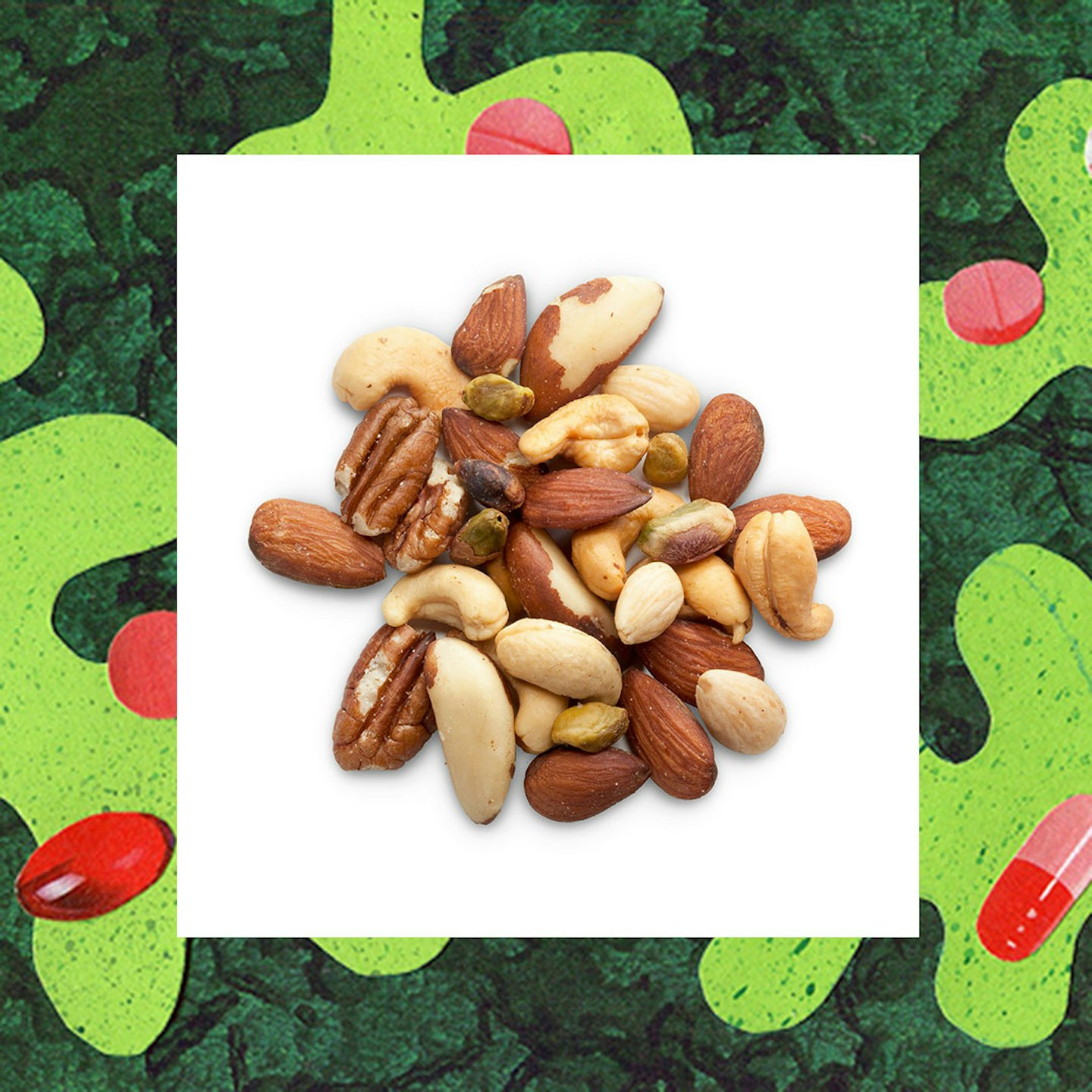 1 of 11
1 of 11Omega 3
Omega-3 fatty acids are essential minerals which reduce inflammation and are vital to brain functions such as mood and memory. Your body doesn't produce them naturally so you can only get them in you via food (like fish, nuts and seeds) or dietary supplements.
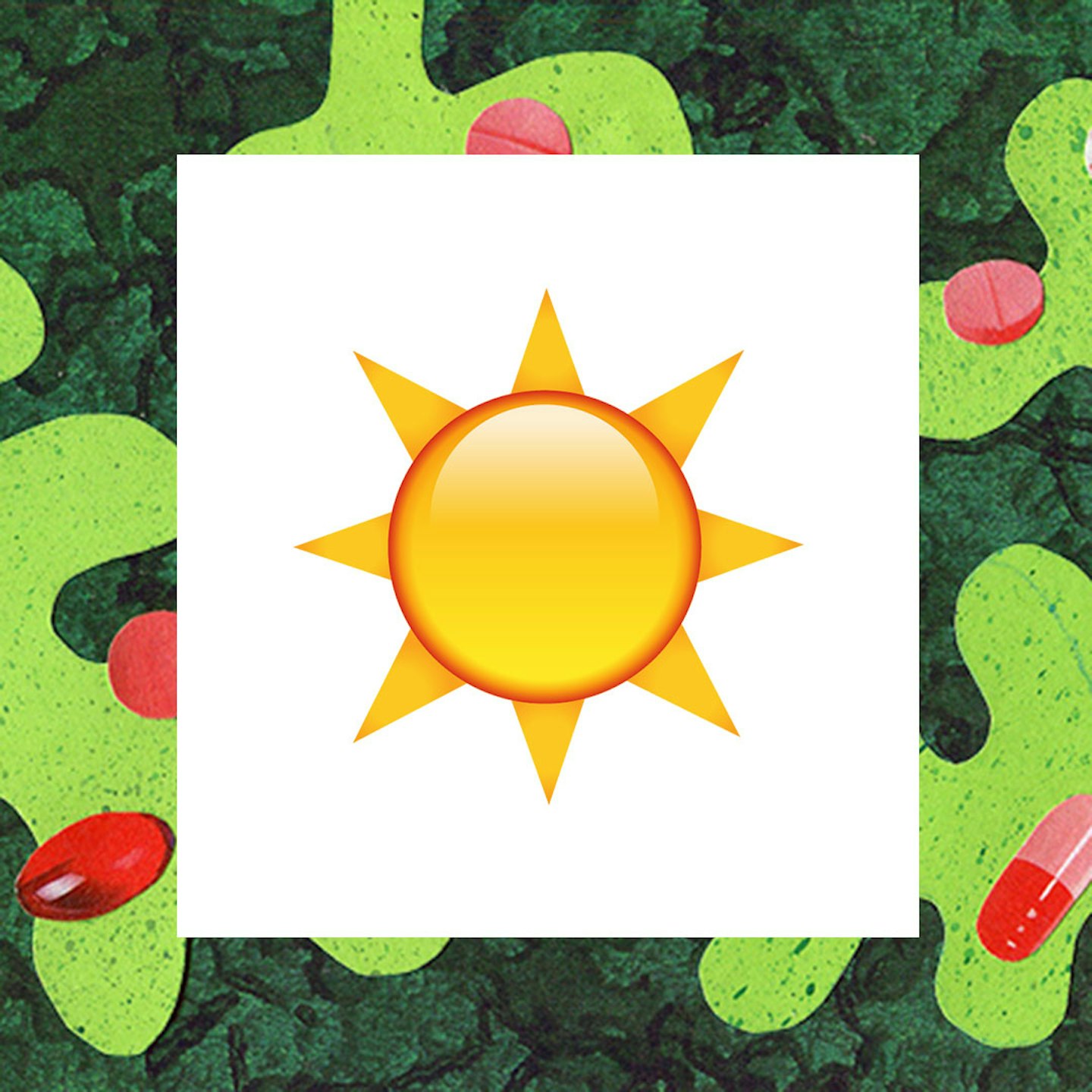 2 of 11
2 of 11Vitamin D
In addition to bone health, Vitamin D can play a vital role in the areas of the brain that are linked to the development of depression and other mental health problems.
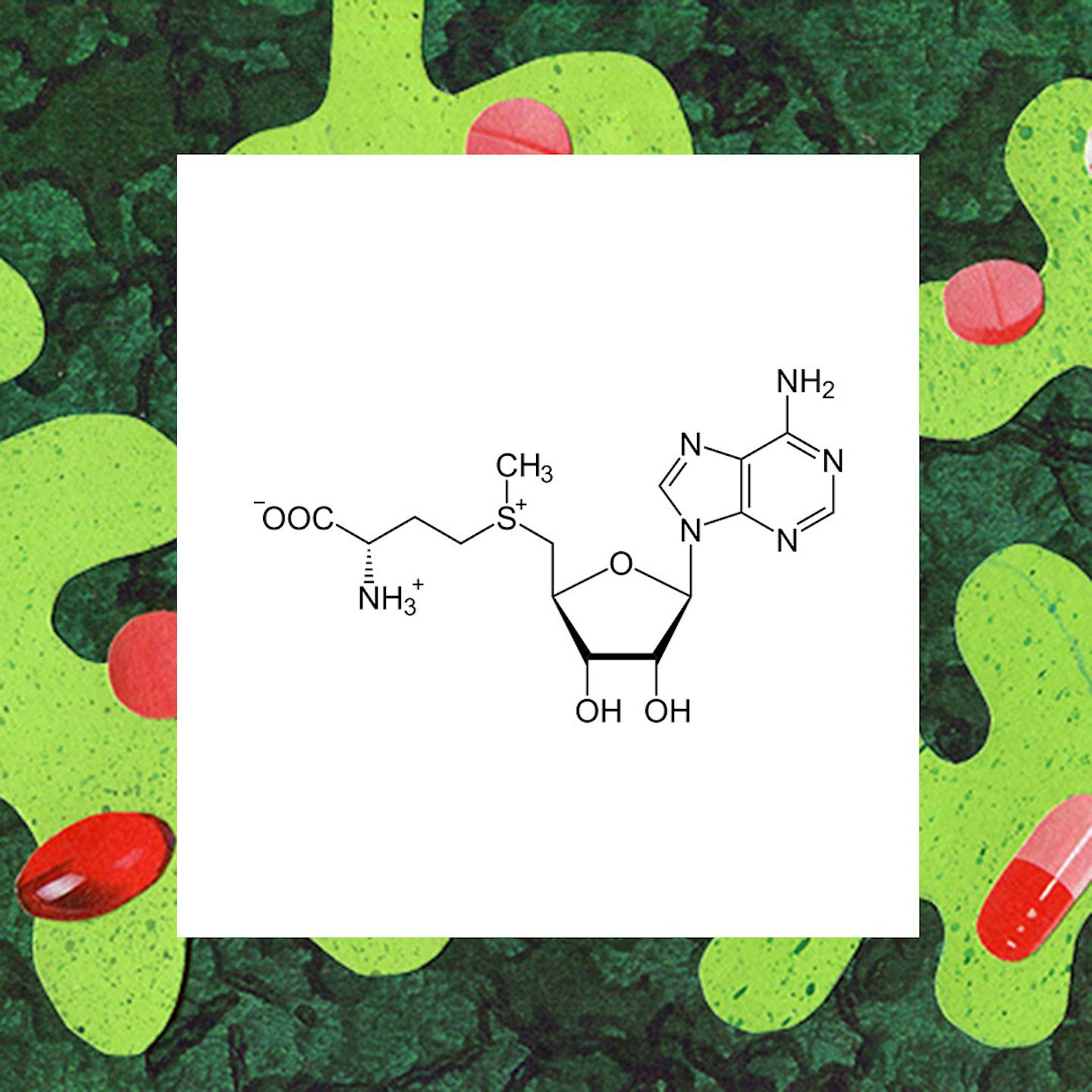 3 of 11
3 of 11S Adenosylemthionine
SAMeis a molecule that the body naturally forms and is available as a dietary supplement. In addition to depression and anxiety, it can be used for many other conditions including heart disease, fibromyalgia, tendonitis and many more. It is also recommended for PMS. It works by making sure that chemicals in the body that play a role in pain, depression, liver disease, and other conditions, actually do their job.
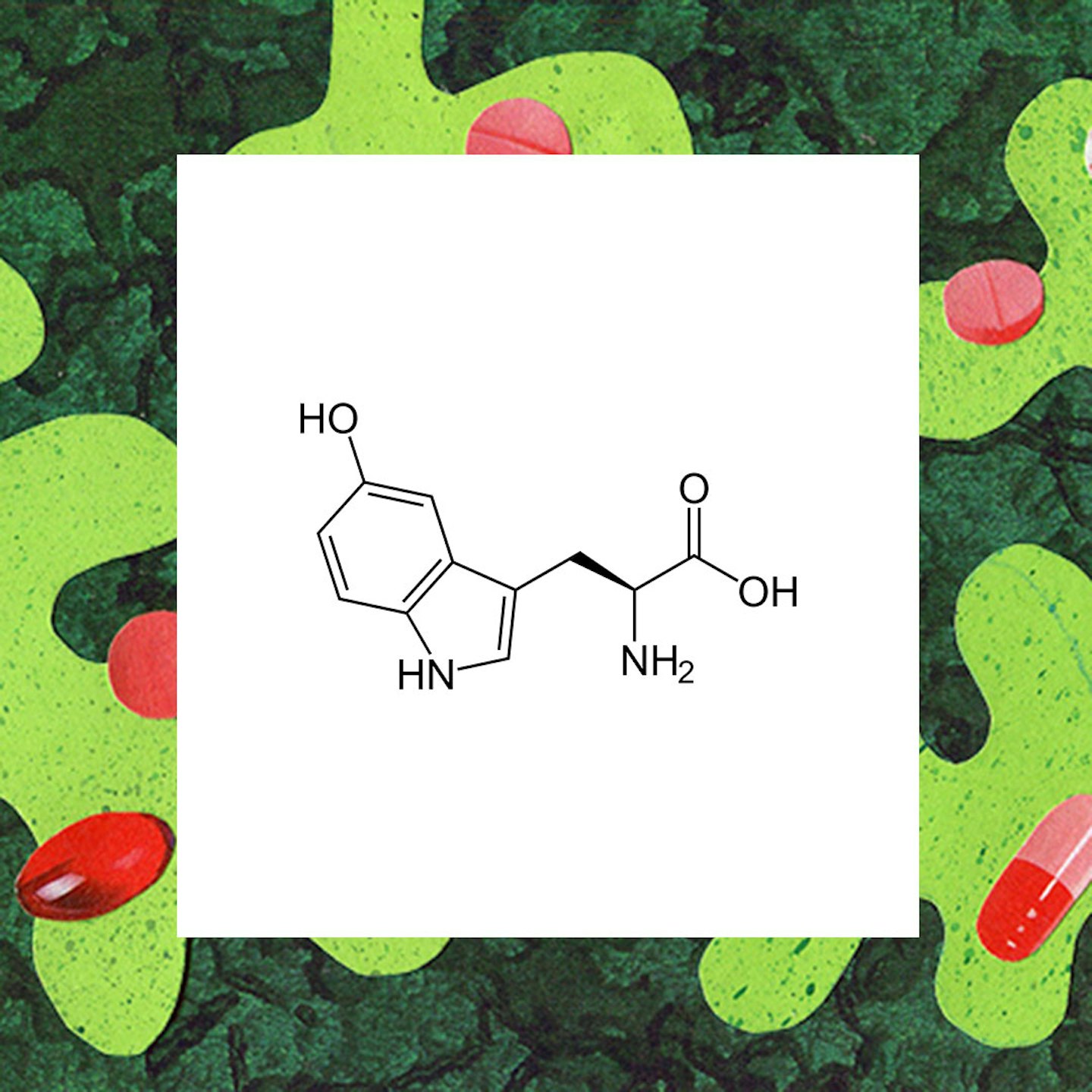 4 of 11
4 of 115-Hydroxytryptophan (5-HTP)
Like SAMe,5-HTP is also a chemical (an essential amino acid) that the body makes naturally. It works by helping to raise the serotonin (the happy hormone) levels in the brain. 5-HTP has been known to have a positive effect on sleep, mood, anxiety, appetite, and pain.
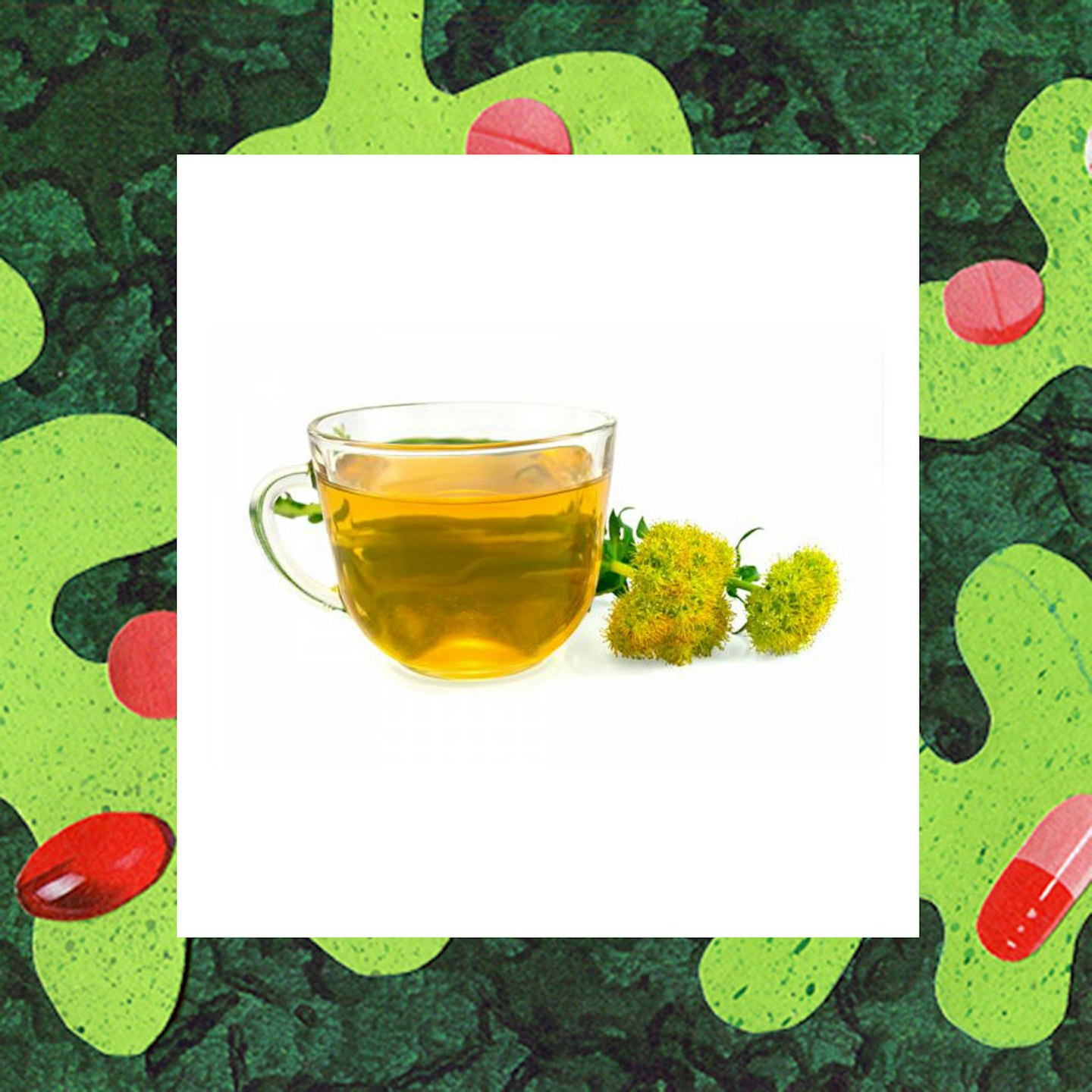 5 of 11
5 of 11Roseroot Herb
A study conducted on whether the Rhodiola Rosea (Roseroot) herb was effective for depression showed that it was almost as effective as the popular antidepressant, Sertraline (Zoloft), but with fewer side effects. The herb boasts strengthening the nervous system, fighting depression, enhancing the immune system and memory, elevating stamina, aiding in weight-loss and increasing sexual function.
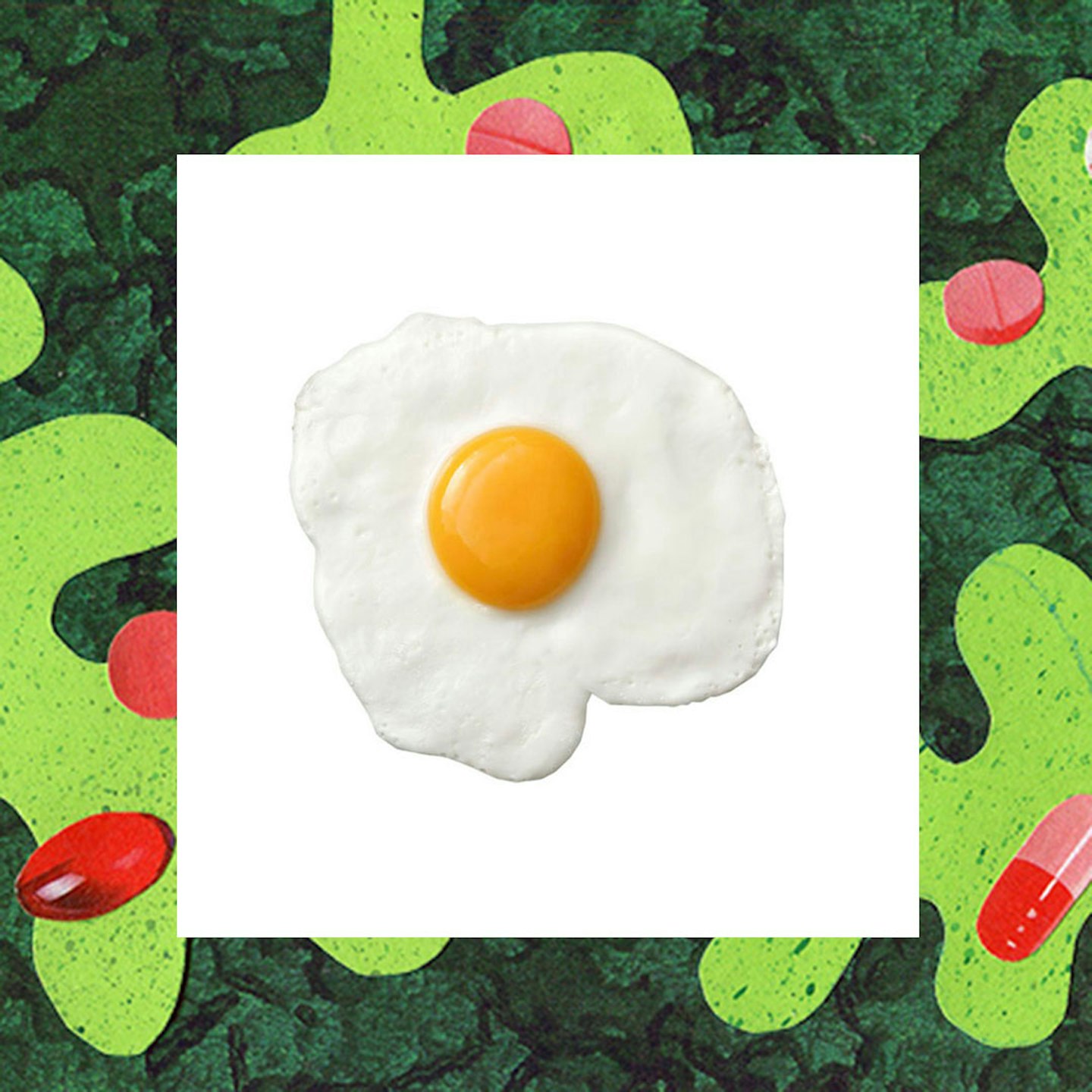 6 of 11
6 of 11Iron
A lot of adults, especially women, suffer from iron deficiency, and guess what? Iron deficiency symptoms are pretty similar to depression symptoms, i.e. fatigue, irritability, and foggy brain. The recommended daily iron allowance in adults is roughly 8 to 18 mg daily (check with your doctor though because everyone's number is different).
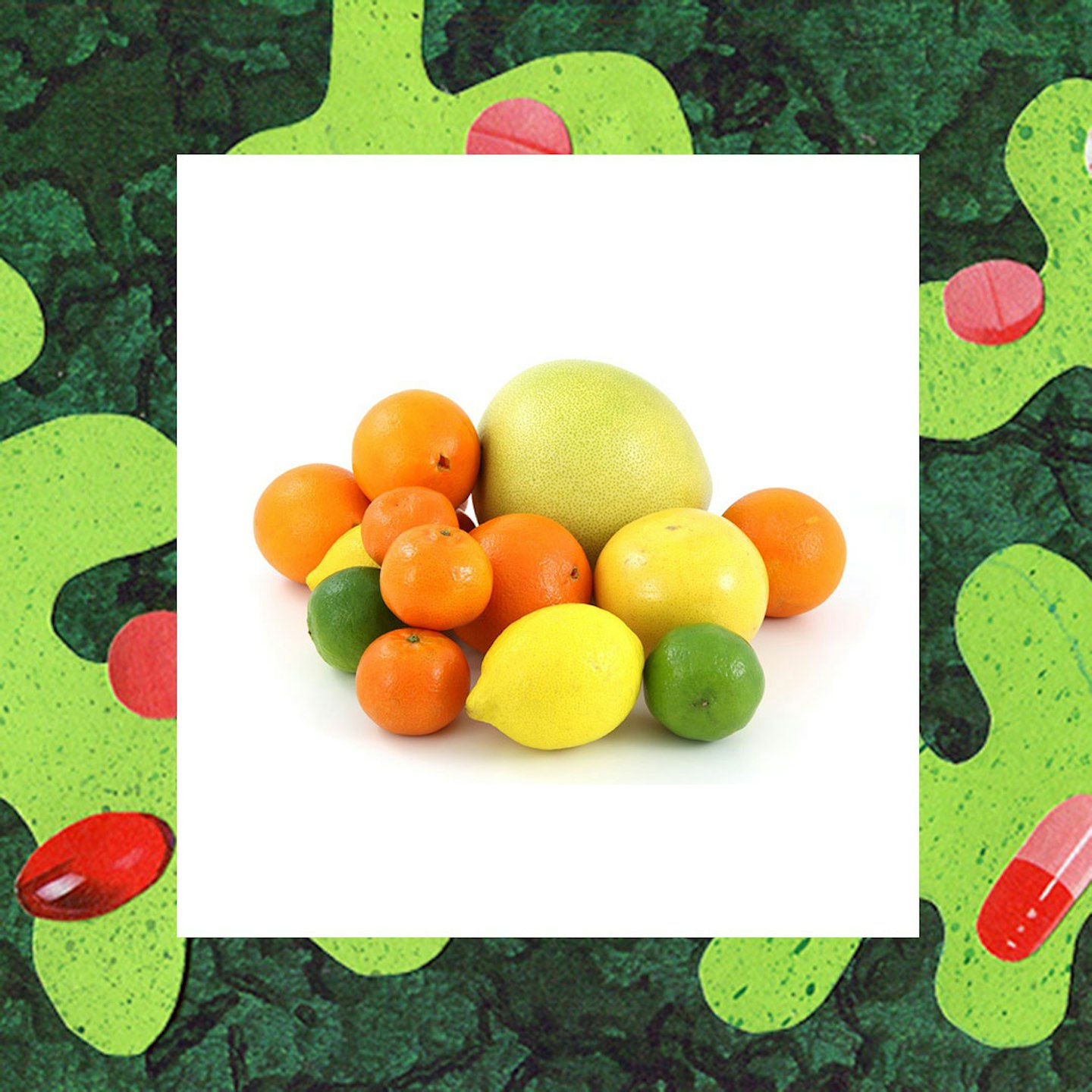 7 of 11
7 of 11Folate
If you don't have enough folate, antidepressants may not work. Some docs prescribe folate along with antidepressants to treat depression and improve the effectiveness the medication. Most adults need at least 0.4mg daily, which you can though food including dark leafy greens, beans and citrus fruit, or as a supplement.
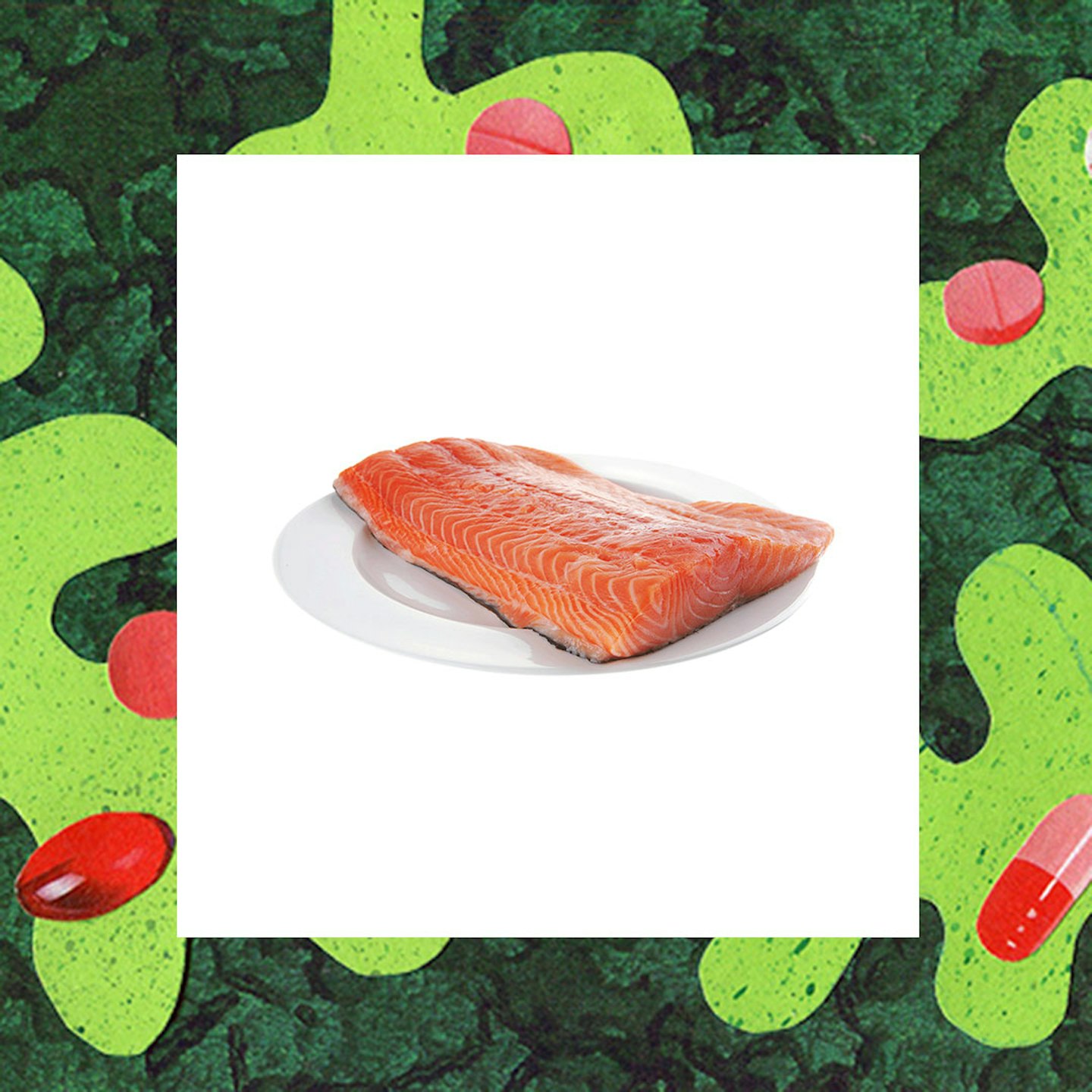 8 of 11
8 of 11B12
Vitamin B-12 and other B vitamins can play a role in producing mood-affecting brain chemicals and low levels of these may be linked to depression. If you have a poor diet and the body can not absorb enough B vits, your mood can be severely affected. Getting a blood test will determine how much of the B goodness you have in your system, and whether you need to stock up. B vitamins are found in animal products like milk, fish, meat and eggs, so if you are a vegan, you should definitely be getting your B's from dietary supplements and vitamins.
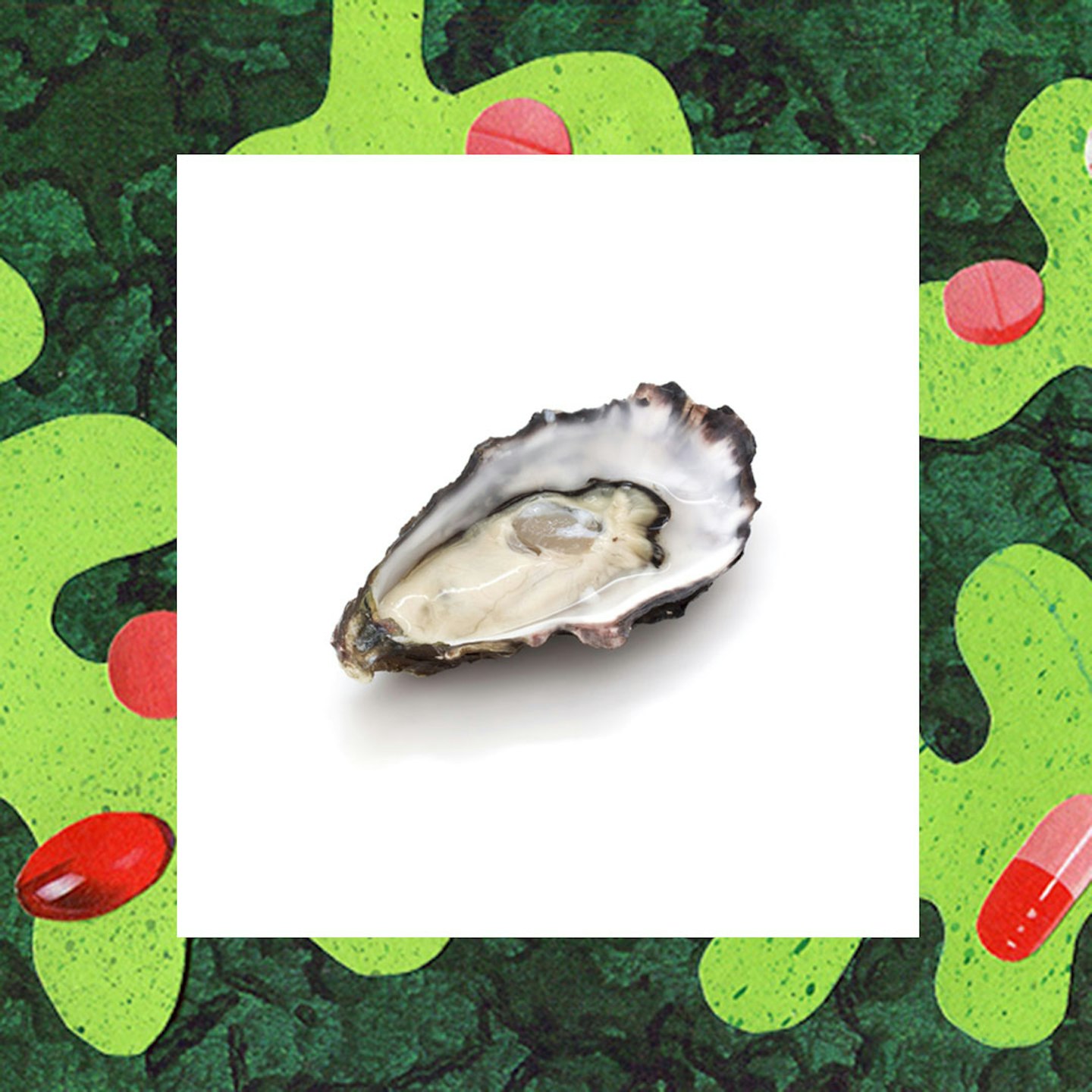 9 of 11
9 of 11Zinc
Zinc is crucial to our system as it activates our digestive enzymes breaking down food, and helps prevent food allergies, which can avert depression. It also helps our DNA to produce and repair proteins, control inflammation and boost our immune system.
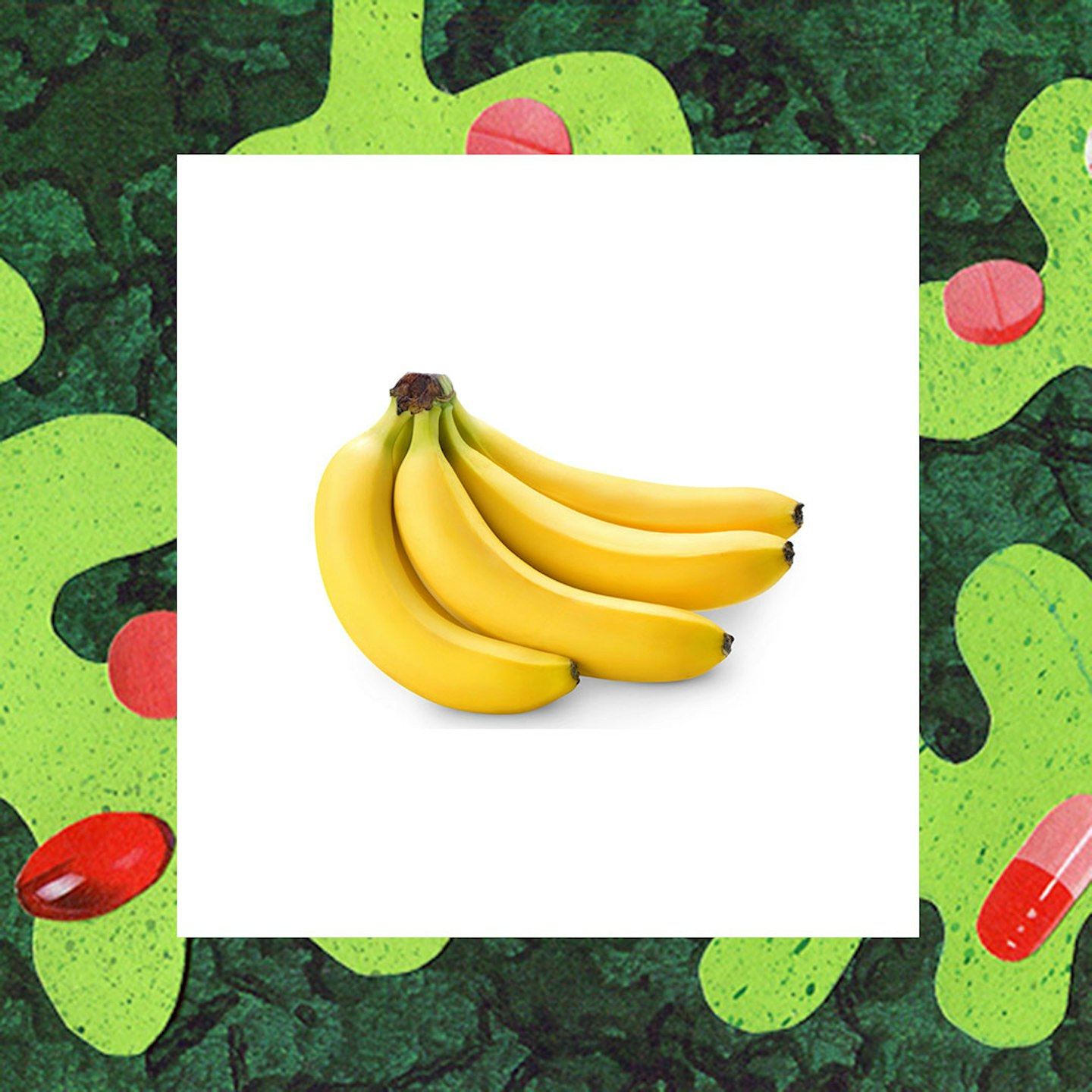 10 of 11
10 of 11Tryptophan
Tryptophan is an essential amino acid which you get through food such as bananas, tamarind, oats, sesame seeds, kiwi and watermelon. Once in the body, it converts to niacin, serotonin and melatonin. Most antidepressants work by increasing the amount of serotonin in the brain and Tryptophan helps to increase serotonin levelswithout the extreme side effects of meds.
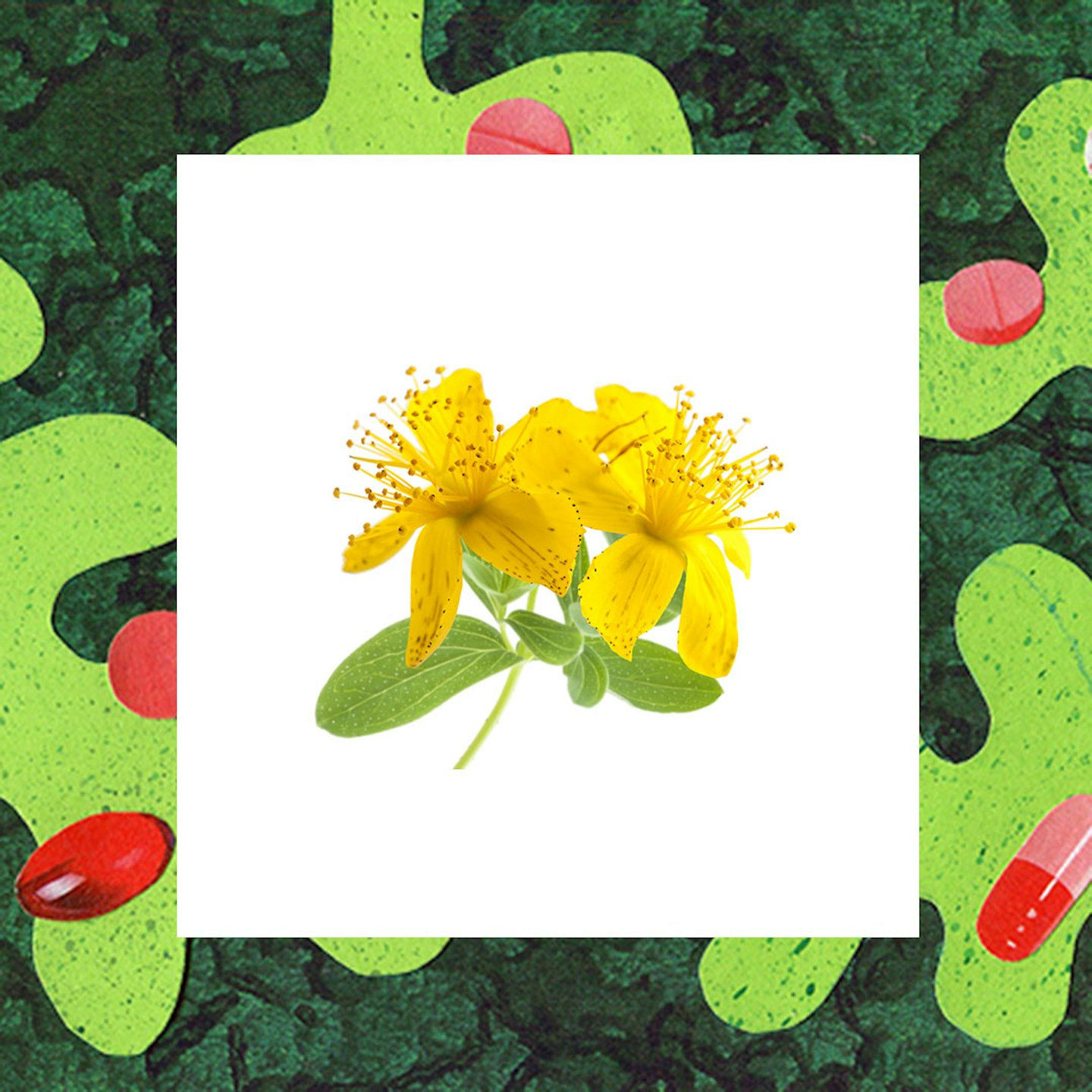 11 of 11
11 of 11St John Wort
St John's Wort has been around for yonks and is one of the most popular natural methods used for dealing with stress, anxiety and depression. It's a plant with yellow flowers. There has been some scientific evidence that St. John's wort may be helpful in treating mild depression. It's been claimed that it works just like regular antidepressants in that it inhibits the reuptake of the neurotransmitters serotonin, norepinephrine, and dopamine.
Like this? Then you might find this interesting...
Cambridge Student's Mum Searches For A Girl To Take Her Son To The Ball. On Gumtree
Ask An Adult - Does The Truth Really Come Out When We're Drunk?
This article originally appeared on The Debrief.
